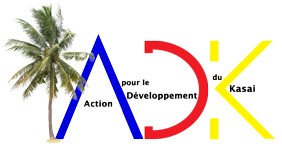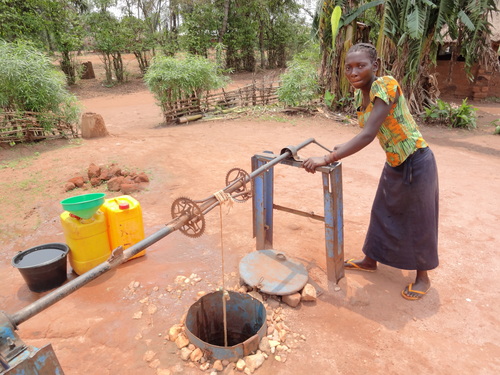In a report published in 2013, the United Nations’ International Children Emergency Funds (UNICEF) indicate that in the DRC, more than one child out of four does not go to school,
that is, 7,4 million children at school age (between 5-17 years old). The report has been ratified by the Congolese Ministry of Primary, Secondary and Professional Education (EPESP).
Among these children, about half of them are at primary school age and the other half does not go to school at 6. And yet, we must underline in this latter case that in several areas, late start at school is linked among other things to walking long distances between schools and some villages and to high education cost.
And yet, these children who join school late are more exposed to school failure or to poor results. The majority of these children, that is, 3,9 million (53%) are girls, the gap with regards to the number of boys being more marked at the secondary than at the primary.
The UNICEF report also points out that the number of children outside the school system in rural areas is three times more marked than in urban areas. This can be explained by the insufficiency of education sector funding, the low intake school capacity, low income and the parents’ low level of education, the girls premature marriages and children labour mainly in the agriculture and mining sectors.
ADK would like to contribute in the fight against ignorance and so is in search of partners who can help them financially to build and equip schools in rural areas with a view to preparing for tomorrow’s elite, reduce the juvenile delinquency, premature marriages and prostitution among young girls.









